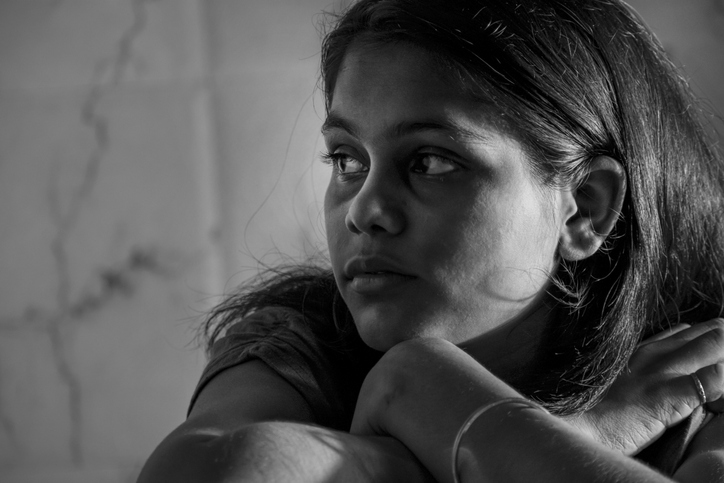By Donzell Lampkins, MSW, LCSW
Social workers are invested in preserving and promoting the overall well-being of individuals, families, groups, and communities. Therefore, it comes as no surprise that we’re advocating to alleviate immigrants from inhumane conditions and treatment.
It’s very clear that the Trump Administration has ramped up its war on immigration. According to The Washington Post, the Trump Administration is not only trying to repeal legal immigration; it’s trying to deport legalized citizens. There are many barriers aimed at keeping any refugees and immigrants along the southern border out of the United States.
Factors that could hinder a green card applicant are discriminatory and a violation of basic human rights. And immigrants, green card holders, and citizens are witnessing the implications of this new hate-based legislation.
There’s a lot of discussion and action addressing the basic urgent needs of immigrants seeking refuge or citizenship. Yet, attention should be called to the internalized oppression that’s likely occurring.
False Narratives
Donald Trump stated, “When Mexico sends its people, they’re not sending the best. They’re sending people that have lots of problems and they’re bringing those problems. They’re bringing drugs, they’re bringing crime…” This type of rhetoric is repeated by bigots, officials, national terrorists, and children being raised by racist, xenophobic parents and guardians.
It’s one thing to unlearn something about other groups, but it’s another to have to unlearn false narratives about oneself. Everyone should be concerned with the beliefs and views children are forming about themselves.
And everyone should become active in combating false narratives about Latinos and begin to heal our Latino youth. Let’s do that by affirming, educating and supporting immigrants. Let’s listen to learn more about their needs and how they would like to be helped.
Using a strengths-based, trauma-informed, culturally sensitive approach to reaching immigrants is the only way to combat internalized oppression. No one should have to feel less-than because someone else hasn’t addressed their own insecurities, shortcomings and inadequacies.
Let’s put a stop to internalized oppression among immigrants by supporting affirming legislation that will create safe, supportive spaces that center their lives and adjustment to a new country, culture, etc. Furthermore, let’s stop supporting internalized oppression by advocating against any legislation that seeks to criminalize immigrants.
Donzell Lampkins, MSW, LCSW, is a mental health therapist based in Iowa. Lampkins was a featured speaker at the 2019 NASW-Illinois Chapter Conference. Follow him on Instagram @DonzellPost or find him on LinkedIn.
Learn how NASW, its chapters and members are addressing this humanitarian crisis and what you can do to help at NASW’s Child Immigrant Crisis Toolkit.





